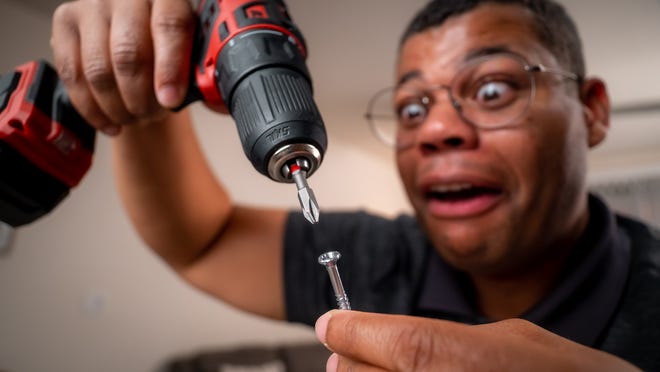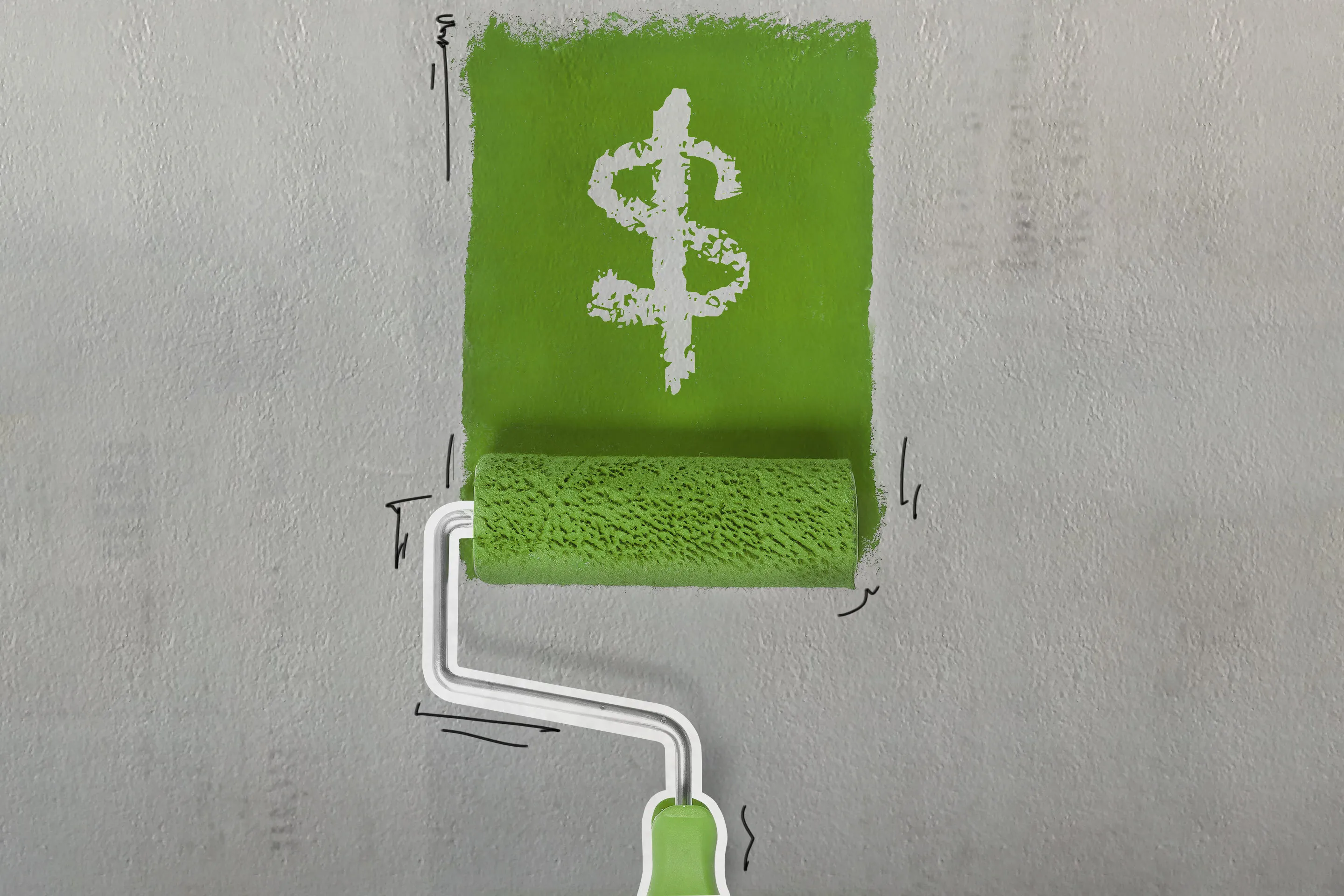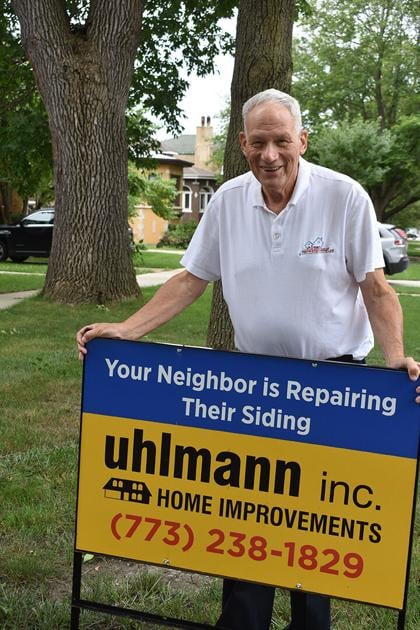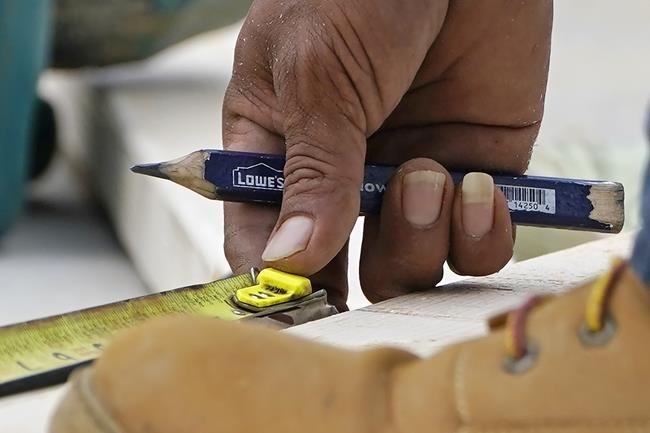How to Calculate the ROI of Your Home Improvement Project

Owning your home is about more than just having shelter—it’s about managing an investments. A house or condo is often your largest asset, so instead of simply enjoying it, you have to worry about improving it all the time in the hopes you’ll be able to sell it for a lot more than you paid someday.
It’s like that the moment you bought your house you began scheming to radically change it—to add or redo a bathroom, to finish the basement, or to modernize the kitchen. Whenever you hesitate to consider how expensive those renovations will be, someone invariably tells you that it will increase your home’s overall value (because no one stays in a house for the duration anymore—the average homeowner will only linger between eight and 13 years, on average, before moving again).
But how much will your renovation increase you home’s value increase? What will be the return on investment (ROI) of a renovated kitchen, bathroom, or other project? Here’s how to figure that out.
A note on style
Before we get to crunching numbers, one thing to consider here is personal taste. A home is a personal space, and your ideal kitchen might not be someone else’s. A kitchen built to your idiosyncratic tastes might make you feel all warm and fuzzy inside, but someone looking to buy your house might consider it a renovation that reduces your home’s value, because they will have to spend extra money to remove it. If you’re thinking about future returns on your investment, dial back the personalization and creativity and play it safer.
G/O Media may get a commission

70% off
Jachs NY Summer Shorts Sale
Exclusive sale on summer styles
Patterned, plain, twill, and chino, these classic shorts with 7-9″ inseams tell a story—you’re a guy who vacations, maybe on a boat.
What’s the ROI?
In a sense, ROI is a simple equation: Divide the return by the cost. If you spend $20,000 on a kitchen reno and you sell the house for $15,000 more as a result, you just got a decent 75 percent ROI. Congrats! Yes, it’s true—ROIs on renovations are almost always under 100 percent, meaning you don’t actually get your money back. The average ROI on home renovations is about 70 percent—one reason why many people lose money when attempting to flip a house.
Still, a renovation can make your house easier to sell, make it sell faster, and increase your quality of life while you’re living there. The trick is to estimate your ROI before you decide which renovations are worth your time.
To figure it out, you need to know what kind of return you can expect when you sell your house. A good place to start is Remodeling Magazine’s annual Cost vs. Value Report, which takes data from remodeling projects around the country and crunches out the typical ROI on different projects. You can look up different projects specific to your area, or you can look at the national averages. These numbers may not be 100 percent accurate for your project, but they give you a decent idea of how much money different renovations earn back. For example, a mid-range kitchen remodel nets an average 71 percent ROI, while the return for a major kitchen remodel is only around 53 percent. Using this data gives you a starting point for figuring out what the ROI might be on your specific project.
Sweat equity
One thing to consider is that data like this typically assumes you’re using a contractor for your project, and so they include labor costs. Sweat equity is “free” in monetary terms, so a kitchen remodel that costs someone else $30,000 and gets them back $20,000 might cost you just $15,000 because you’re not paying for labor; suddenly your ROI is a lot higher. On the other hand, if you’re DIYing your renovation, you might not finish it to a professional standard, and your ROI might drop as a result.
You can never calculate the ROI of a renovation with ironclad certainty. Housing market shifts, and your design choices (and the desires and priorities of house hunters in your area) can change that math at any time. But starting with some real numbers can at least help you make a series of educated guesses that will get you pretty close.





